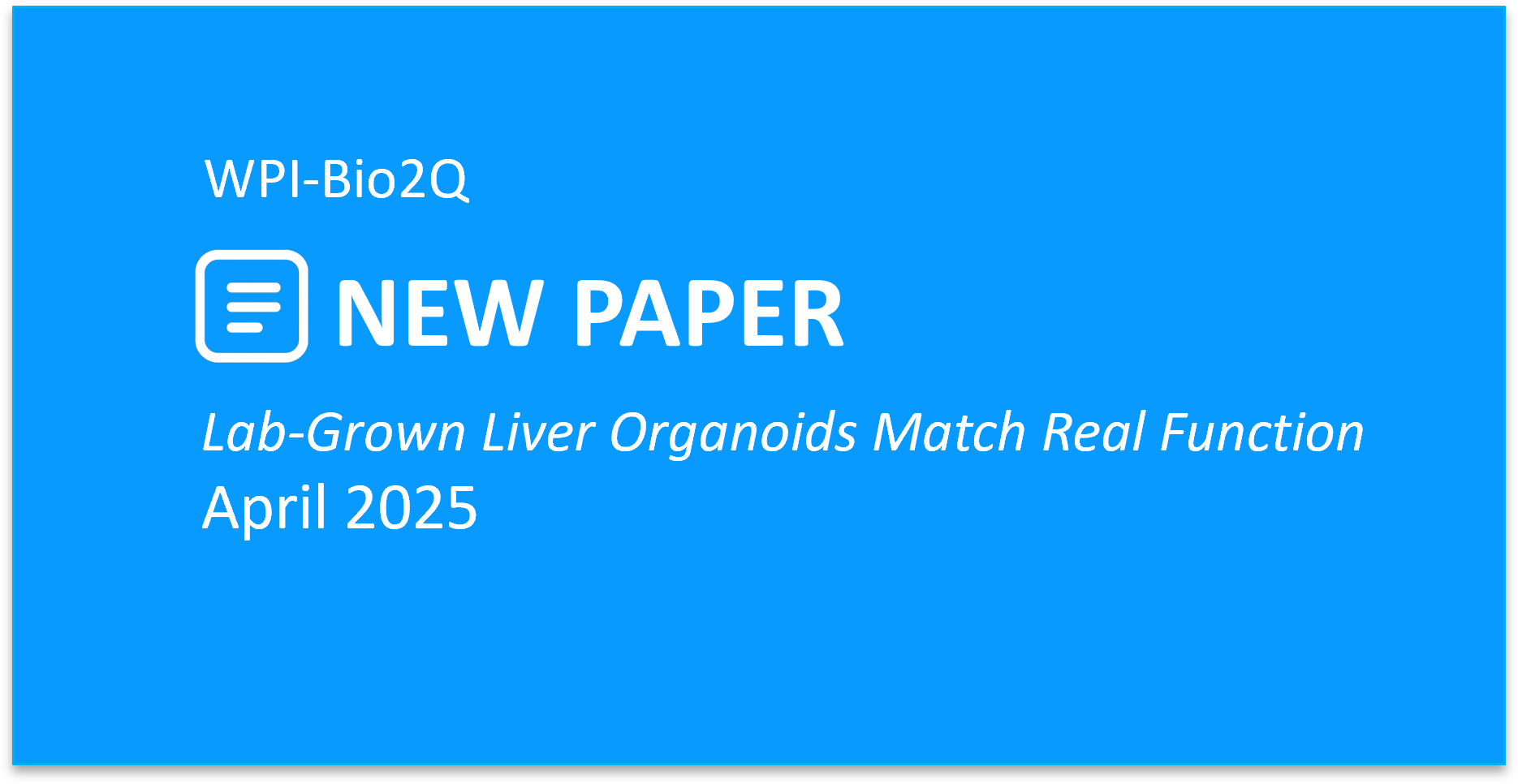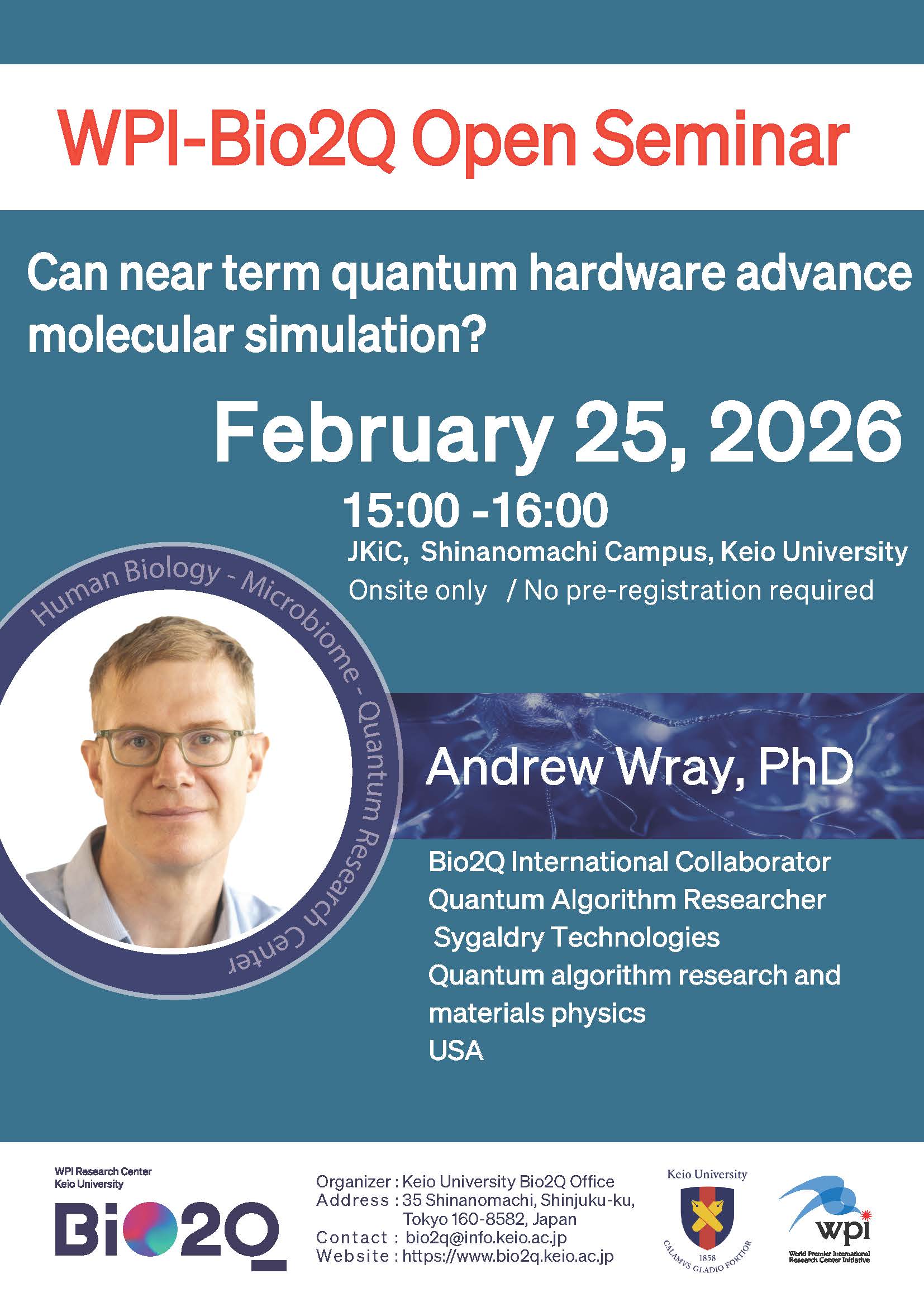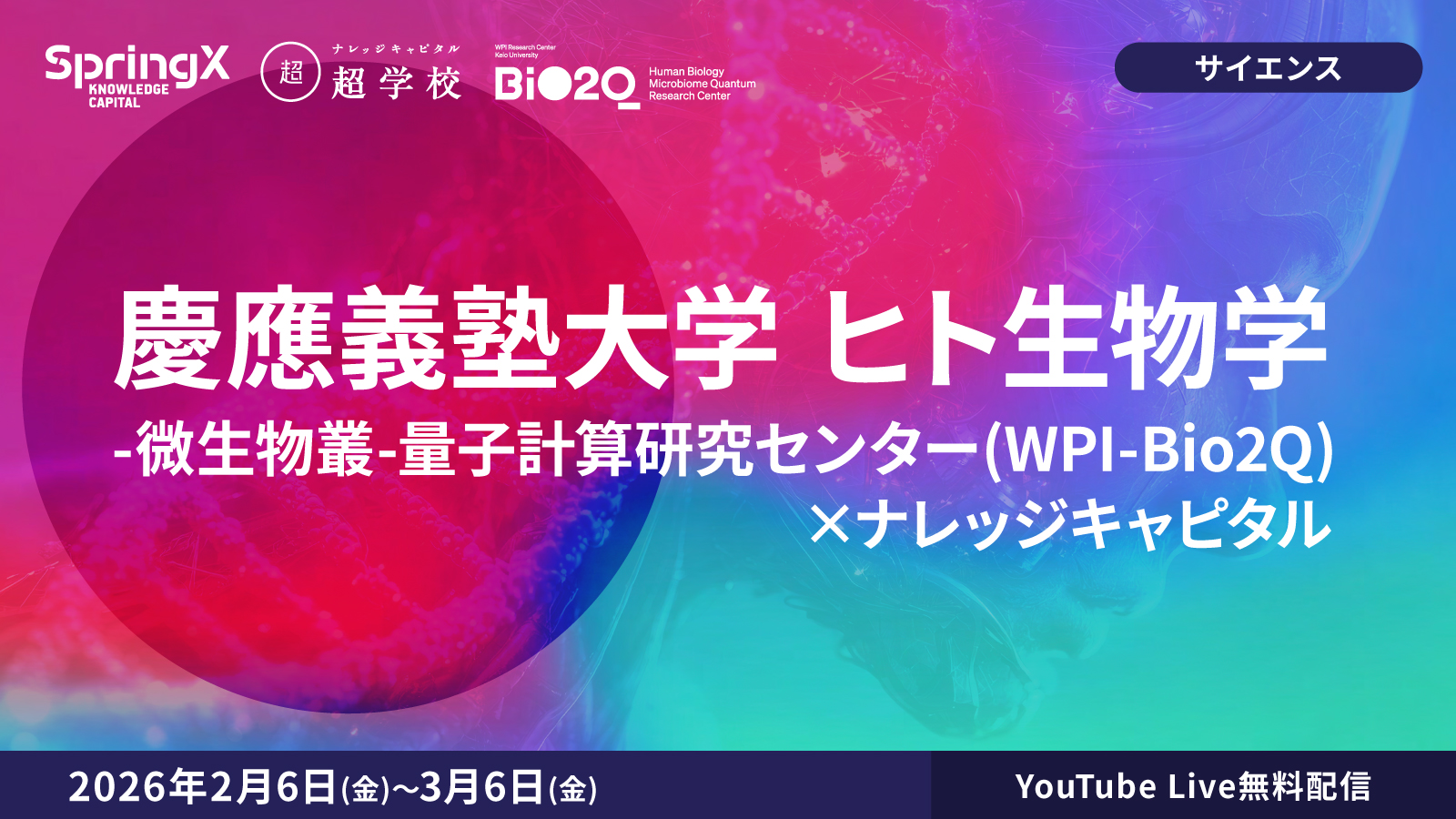RESEARCH
[Publication] Human Hepatocyte Organoids That Function Like the Real Thing
July 11, 2025

Credits: WPI-Bio2Q
Bio2Q affiliated, Keio University, researchers have developed self-renewing human hepatocyte organoids that perform key liver functions and retain their identity. These organoids can be gene-edited, transplanted into mouse livers to restore metabolic function, and form bile networks, advancing liver disease modeling and therapy
| Title | Generation of human adult hepatocyte organoids with metabolic functions |
|---|---|
| Authors | Ryo Igarashi [1],[2], Mayumi Oda [1],[2], Ryo Okada [3] , Tomoki Yano [1],[2], Sirirat Takahashi [1],[2], Strahil Pastuhov [1],[2], Mami Matano [1],[2], Norio Masuda [3] , Kazuhiro Togasaki [1],[2], Yuki Ohta [1],[2], Saeko Sato [1],[2], Takako Hishiki [2],[4], Makoto Suematsu [2],[4], Manabu Itoh [3], Masayuki Fujii [1],[2]& Toshiro Sato [1],[2] |
| Short Description | Bio2Q researchers have unlocked a method to grow human adult hepatocyte organoids that are not only self-renewing, but that also perform key liver functions. By fine-tuning Wnt, STAT3, and YAP signaling, these lab-grown liver cells resist ductal transformation and maintain their identity. The organoids can also be gene-edited, transplanted into mouse livers where they restore metabolic structure, and even form complex bile canalicular networks under specific conditions. This breakthrough brings lab grown liver tissue closer than ever to mimicking the full metabolic capacity of human hepatocytes in vivo, and paves the way for advanced disease modeling and potential liver therapies. |
| DOI | https://doi.org/10.1038/s41586-025-08861-y |
| Journal | Nature |
| Vol/Num/Page | 2025 May;641(8065):1248-1257 |
| Publication Date | Published online: 2025 Apr 16. |
Affiliations:
[1] Department of Organoid Medicine, Sakaguchi Laboratory, Keio University School of Medicine, Tokyo, Japan
[2] Department of Integrated Medicine and Biochemistry, Keio University School of Medicine, Tokyo, Japan
[3] JSR-Keio University Medical and Chemical Innovation Center (JKiC), JSR Corporation, Tokyo, Japan
[4] Department of Biochemistry, Keio University School of Medicine, Tokyo, Japan
More Bio2Q News
【2/25Seminar】WPI-Bio2Q Open Seminar: Andrew Wray, PhD
Keio University Human Biology-Microbiome-Quantum Research Center (WPI-Bio2Q) will hold a seminar as follows. This is an event for faculty, ...
Two New Titles Released in the “Booklets Series for Young Readers” : Issue 09 (T...
The Digital Booklet Series for Young Readers, which introduces research activities at Bio2Q, has added two new issues. Issue 09 features ...
WPI-Bio2Q Newsletter "Bio2Q Connect" Vol.2, Issue 13 Released
WPI-Bio2Q has published the latest issue of its newsletter, “Bio2Q Connect” (Vol. 2, Issue 13, January 29, 2026). This issue covers a broad ...
Open Call: Postdoctoral Fellow for Professor Nadinath Nillegoda’s Lab
Prof. Nadinath Nillegoda, specializing in proteostasis and cell repair, is currently hiring a postdoctoral fellow. We are looking for appli...
【CHO School Series】Exploring the Frontiers of Life Science: A Special 3-Part Onl...
Keio University Human Biology-Microbiome-Quantum Research Center (WPI-Bio2Q) in collaboration with Knowledge Capital, will host a three-par...









2-1.png)


